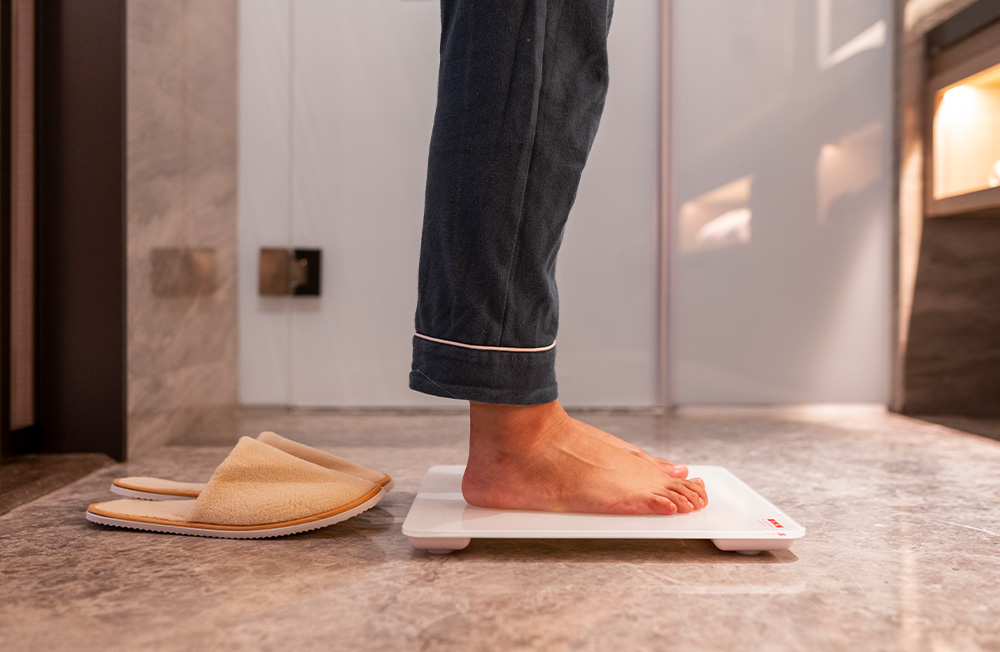Following a review by European regulators, a study published in Nature Medicine examines the risks of suicidal ideation while taking semaglutide for weight loss. The retrospective review, based on the health records of over 200,000 patients, determined that patients taking GLP-1 medications like Ozempic had a lower rate of first-time and recurring suicidal ideation than patients who were taking non-GLP-1s.
The large review ultimately found that GLP-1 medications do not present a higher risk for suicidal ideation or self-injury than non-GLP-1s.
Why Were Scientists Concerned?
There are a lot of medications that can cause us to have scary, even dangerous thoughts. If you’ve ever known someone with a seizure condition, you know that suicidal ideation, or having suicidal thoughts, is a common problem for people trying to find the right medication. When this side effect occurs, it doesn’t come with a warning that these thoughts are prompted by medication and not your reality, which is why it has to be taken extremely seriously.
So, when the European Medicines Agency (EMA) began receiving reports of self-injury and suicidal ideation from patients taking GLP-1 medications, they acted quickly to prompt a review.
“So far authorities have retrieved and are analyzing about 150 reports of possible cases of self-injury and suicidal thoughts,” a statement from EMA claims. “It is not yet clear whether the reported cases are linked to the medicines themselves or to the patients’ underlying conditions or other factors.”
Additionally, both Wegovy and Ozempic carry warnings of the potential for these symptoms, which were reported during clinical trials according to reporting done by CNN. Wegovy also excluded those with a history of depression and suicidal ideation from their prior clinical studies.
The concern clearly had some amount of merit, and it needed further investigating.
No Higher Risk of Suicidal Ideation
That further investigation involved examining the health records of over 200,000 patients that were on either semaglutide or non-GLP1 medications, comparing the rate of recurring and first-instance suicidal ideation. They found that semaglutide/GLP-1 medications actually had a lower incidence rate than non-semaglutide medications.
“Our findings do not support higher risks of suicidal ideation with semaglutide compared with non-GLP1R agonist anti-obesity or anti-diabetes medications,” the report states.
Co-author of the study and National Institute on Drug Abuse Director Dr. Nora Volkow told CNN that the reports of these experiences may have more to do with the actual experience of losing weight than the drug itself, saying that abrupt weight loss may “make some people vulnerable” to negative emotions.
Not a Depression Treatment…Yet
Though these medications were associated with a lower risk of suicidal ideation, they aren’t going to treat the problem and the authors of the study made it clear that their findings don’t justify off-label treatment.
That said, there’s definitely growing interest into what GLP-1s can do for our brains, and there has been one clinical trial exploring them as a potential treatment for depression. Whether or not they could be effective treatments, we’ll just have to wait and see.
If You Need Help
If you’re experiencing these kinds of thoughts, reach out to a friend, family member, doctor or the 988 Suicide and Crisis Lifeline.

















